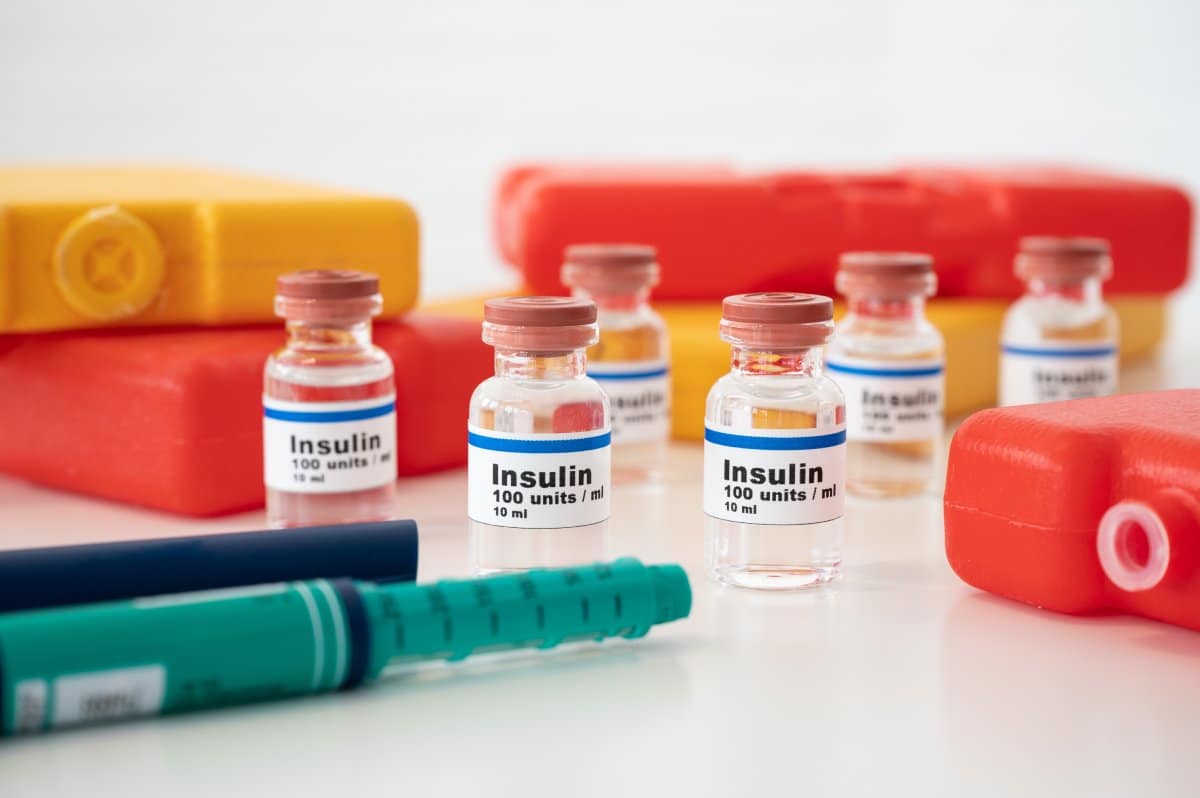In the U.S. regulations don’t prioritize your well-being—they prioritize business interests. Is this freedom of speech or freedom to manipulate you into buying things that aren’t good for you? Who can you really trust when it feels like every commercial break is selling you something you don’t need?
1. Prescription Drugs

The U.S. is one of the only countries that allows direct-to-consumer advertising of prescription drugs. This practice encourages self-diagnosis and overmedication, problems many other countries avoid by restricting such ads.
2. Antidepressants

Specifically for antidepressants, American consumers are bombarded with ads urging them to ask their doctor about the latest pills. Most other countries prohibit this, understanding the risks of promoting powerful medications directly to the public.
3. Tobacco Products

Despite knowing the deadly risks, the U.S. still allows certain tobacco products to be advertised. Meanwhile, much of the world has moved toward outright bans to prevent smoking-related deaths.
4. Infant Formula

In the U.S., companies can heavily advertise infant formula, potentially undermining breastfeeding. Countries like those in the EU restrict such ads to promote healthier feeding practices for infants.
5. Gambling Services

The U.S. freely promotes gambling through ads, contributing to gambling addiction. Many countries impose strict regulations or bans to mitigate these social harms.
6. Alcohol

Alcohol ads are pervasive in the U.S., despite clear links to health issues and addiction. Other countries take a more responsible approach, with stringent advertising controls to protect public health.
7. Junk Food

American kids grow up with relentless junk food advertising, a contributor to the obesity epidemic. Many nations restrict such ads, particularly those targeting children, to foster healthier eating habits.
8. High-Risk Financial Products

Payday loans and high-interest credit cards are advertised without much restraint in the U.S., often preying on the vulnerable. Elsewhere, these ads are heavily regulated to prevent financial exploitation.
9. Firearms

Firearms and ammunition ads are a uniquely American phenomenon, reflecting the country’s lax gun control stance. Most other nations wisely ban these ads, acknowledging the link between gun prevalence and violence.
10. E-Cigarettes and Vaping Products

E-cigarette ads are rampant in the U.S., despite ongoing debates about their safety. Other countries, prioritizing public health, have banned or severely restricted these ads.
11. Genetic Testing Kits

The U.S. allows direct-to-consumer ads for genetic testing kits, raising privacy and ethical concerns. Many countries restrict such advertising to prevent misuse and misinformation.
12. Political Advertising

Political ads flood American media with few restrictions, often spreading misinformation. In contrast, many countries impose strict limits to ensure fair and honest elections.
13. Certain Health Supplements

Health supplements are advertised freely in the U.S., frequently making dubious claims. Other countries enforce stricter regulations to protect consumers from misleading information.
14. Cosmetic Surgery

Cosmetic surgery ads thrive in the U.S., promoting unrealistic body images. Countries like France and the UK restrict such ads to protect mental health and body image.
15. Pesticides

The U.S. allows pesticide ads, ignoring potential environmental and health risks. Many nations ban these ads to prevent harmful exposure and promote safer alternatives.
16. Lawyers and Legal Services

American lawyers can advertise aggressively, sometimes leading to sensationalism and exploitation. Many countries limit such ads to maintain the integrity of the legal profession.
17. Bail Bonds Services

Bail bonds ads are ubiquitous in the U.S., a reflection of its unique bail system. This practice is irrelevant or banned in other countries with more equitable justice systems.
18. Hormone Replacement Therapy

Hormone replacement therapy is advertised directly to U.S. consumers, despite complex health risks. Other countries restrict these ads, requiring medical oversight for such treatments.
19. Unapproved Medical Devices

The U.S. allows advertising for certain medical devices not yet globally accepted, putting consumers at risk. Elsewhere, stricter regulations prevent potentially harmful promotions.
Who Wins?

In the U.S., the relentless push to commercialize every aspect of life often comes at the cost of public health and consumer protection. While American advertisers have free rein, the rest of the world exercises more caution, prioritizing the well-being of their citizens over corporate profits.
The post 19 Things You Can Advertise in the US but the Rest of the World Says No first appeared on Mama Say What?!
Featured Image Credit: Shutterstock / Daniel Beckemeier.
For transparency, this content was partly developed with AI assistance and carefully curated by an experienced editor to be informative and ensure accuracy.





